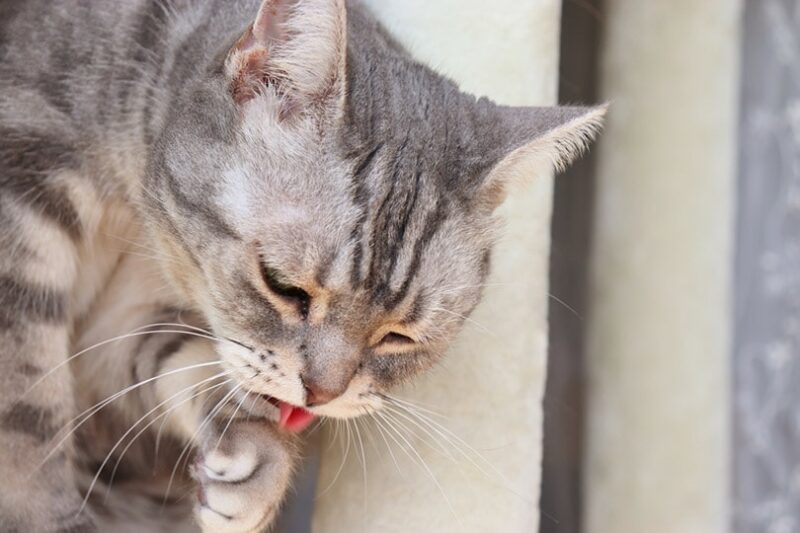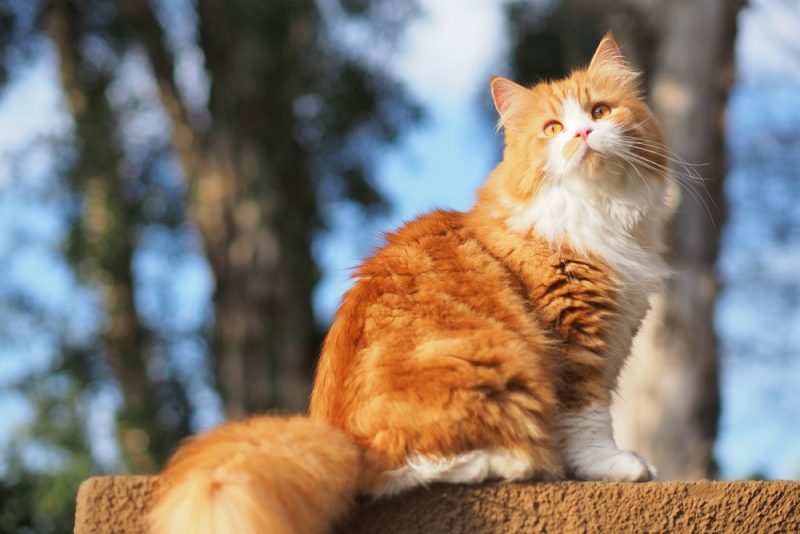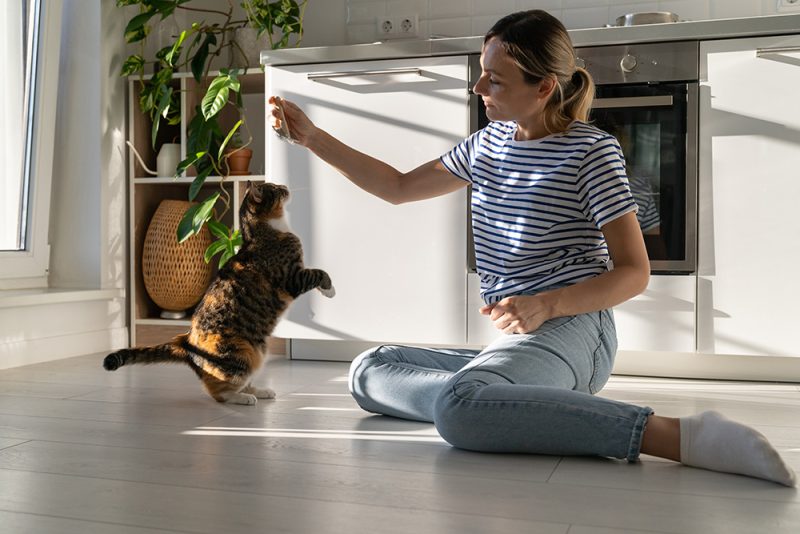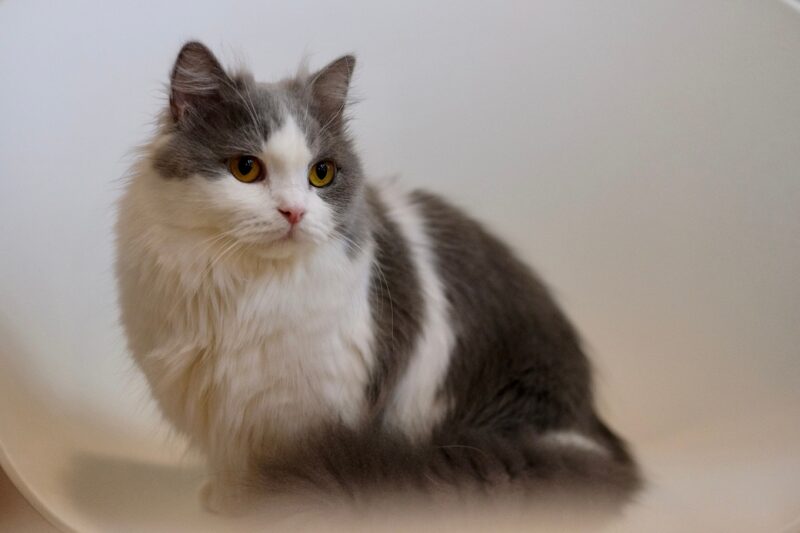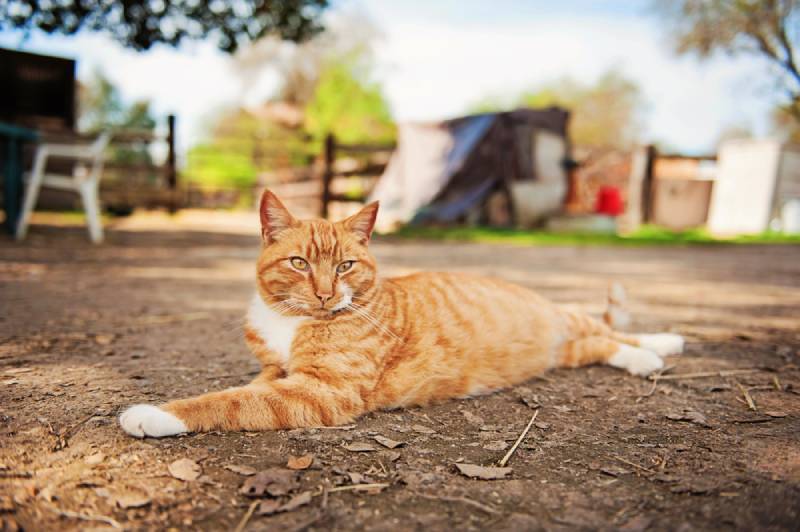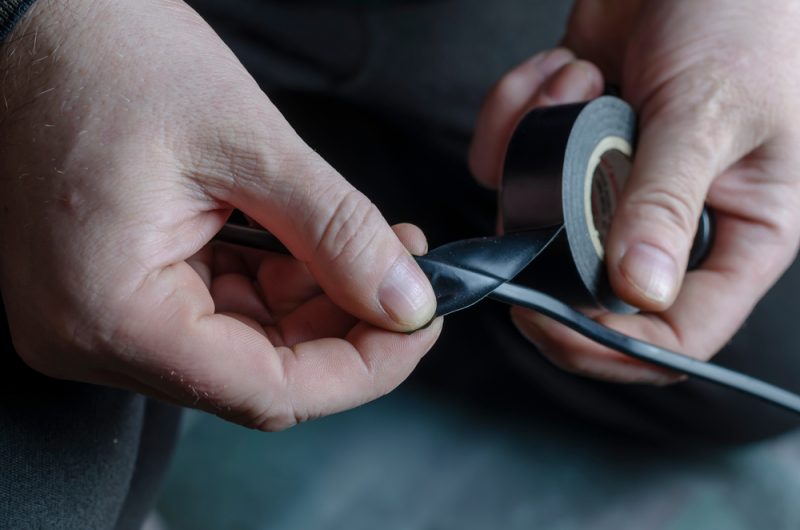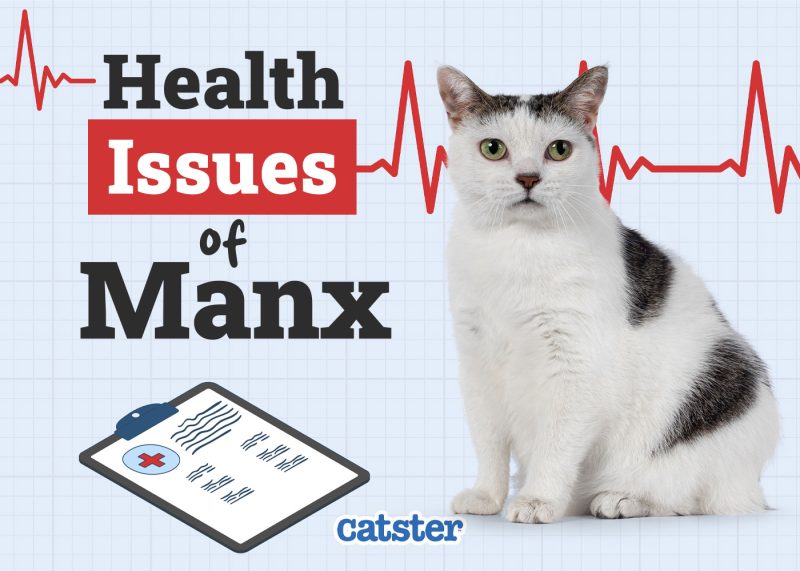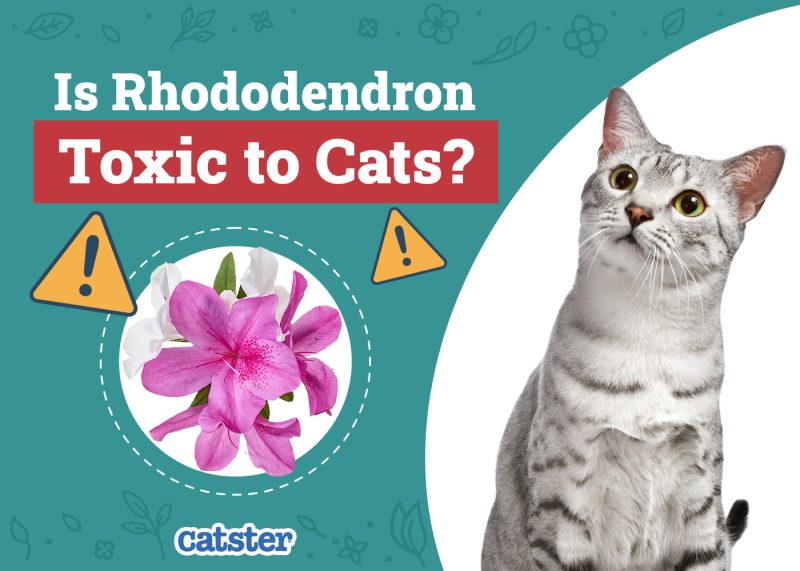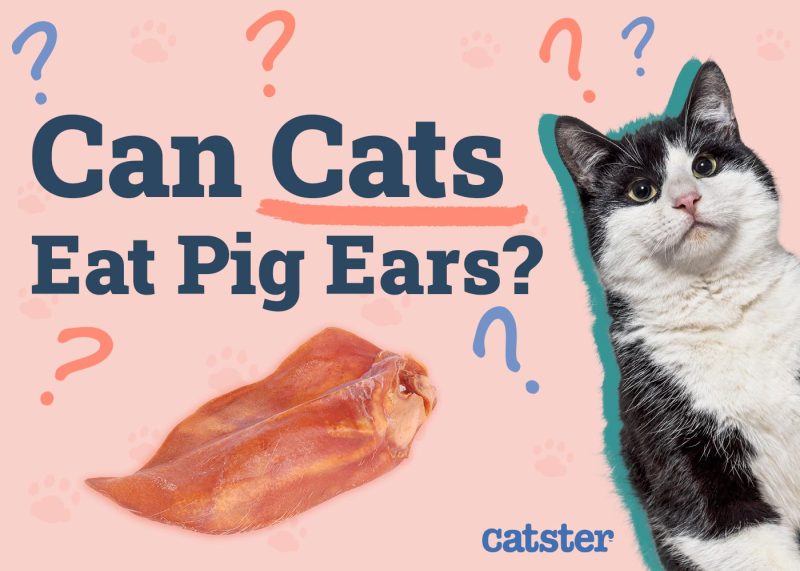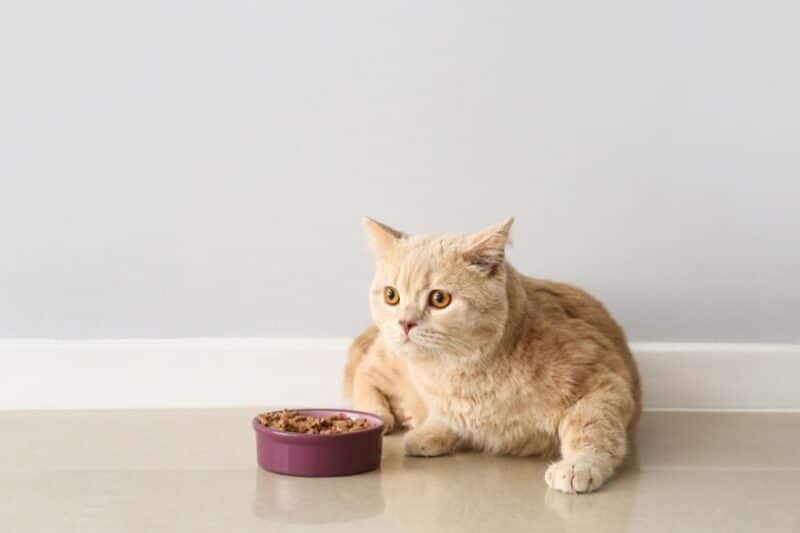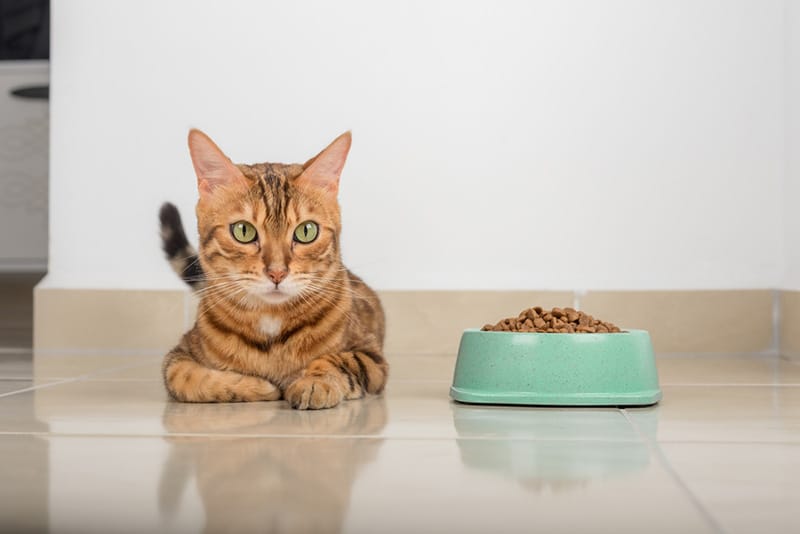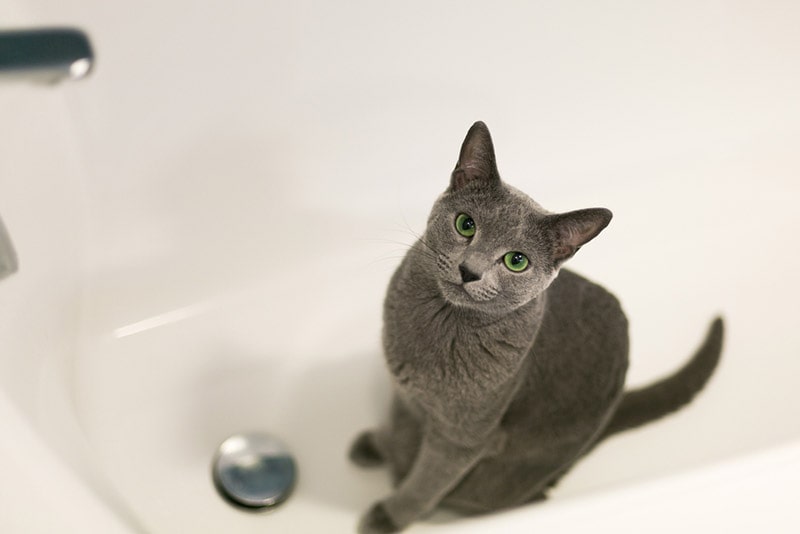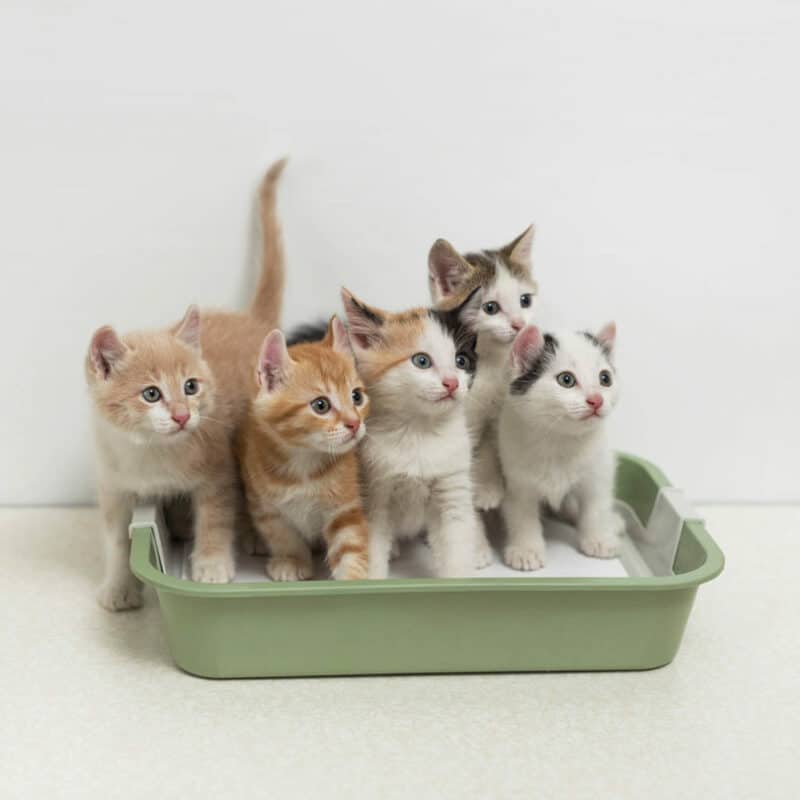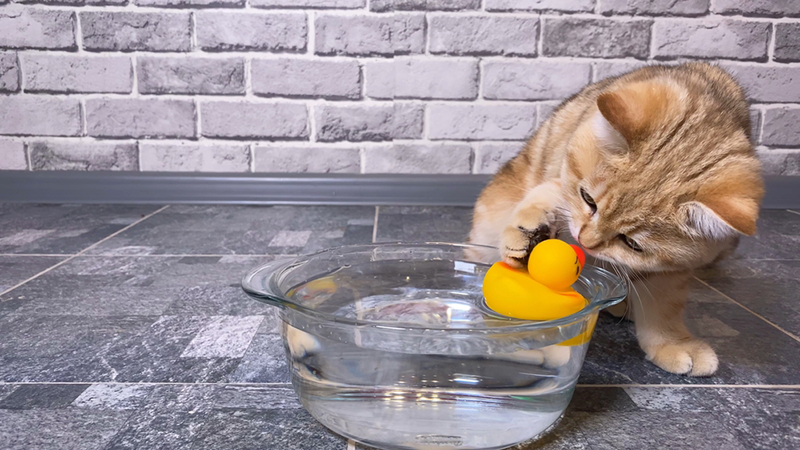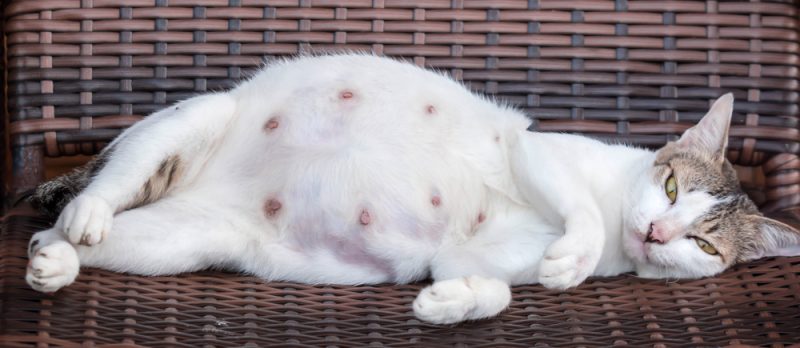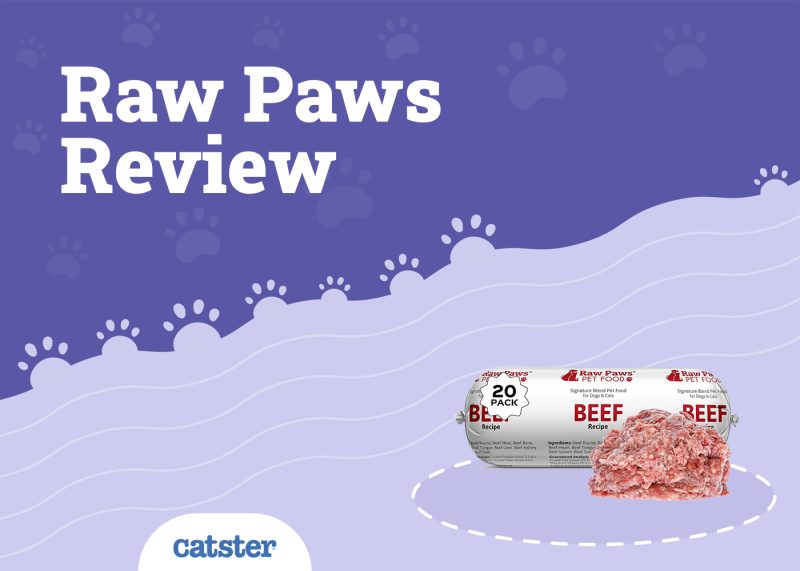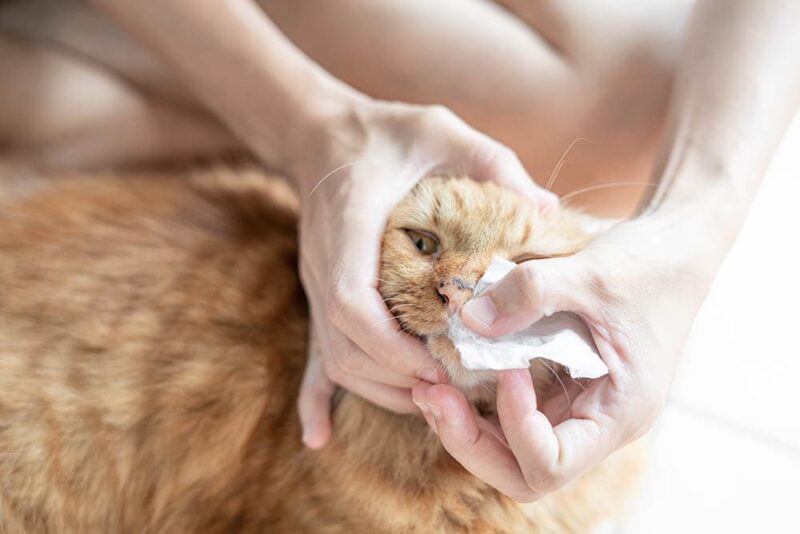In this article
Their independent nature and selective food preferences limit the number of poisoning cases involving cats. Dogs are four times more likely1 to experience this health issue. Glycols are some of the most common toxic agents affecting pets. One of the most dangerous of these chemicals is ethylene glycol or antifreeze. It is equally harmful and potentially fatal to humans, cats, dogs, and other animals.
Ethylene glycol is an organic compound, whereas polypropylene glycol is synthetic. The former is dangerous across the board, while the latter is a different story. The uses and safety of this chemical couldn’t be more different, at least from a feline perspective. We’ll get more into the details of what polypropylene glycol is and how it affects cats down below.

Description of Polypropylene Glycol
Polypropylene glycol is a type of alcohol or polyol. Like its lethal counterpart, it is colorless and virtually odorless. These properties are part of what makes them valuable and deadly. It starts as propylene oxide, a petroleum derivative, and ends up as a hygroscopic chemical, which means it absorbs moisture. This trait comes in handy for its many uses, some of which may surprise you.
Uses of Polypropylene Glycol
Being hygroscopic makes polypropylene glycol an excellent surfactant, stabilizer, and dust control agent. It’s also water-soluble. French chemist Charles-Adolphe Wurtz developed the chemical in 1859. We can safely say it’s one of the most useful compounds ever created. You’ll find it in shampoos, cosmetics, and even intravenous medications.
One of its most helpful applications is as an alternative to deadly ethylene glycol as an environmentally friendly antifreeze. You’ll see it in marine and RV products because it’s less toxic than the stuff you put in your car. These uses would suggest it’s not something you should ingest. You may also think something bad would happen if you did. Surprisingly, the answer is no—at least not for you.
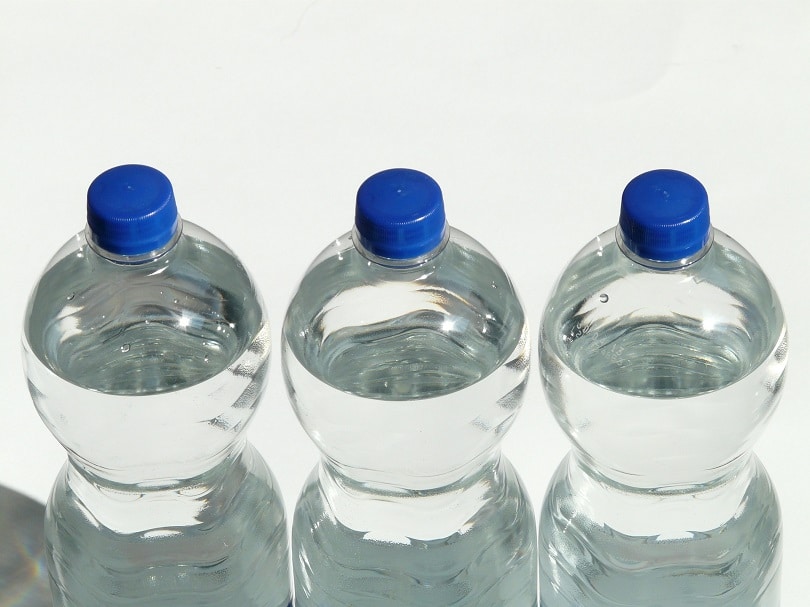

Safety of Polypropylene Glycol
The FDA has classified polypropylene glycol as GRAS, or generally recognized as safe. Here’s where its hygroscopic properties come into play. Manufacturers use this chemical as an anti-caking agent. It absorbs moisture and can prevent food spoilage. You’ll find it in products such as ice cream, baked goods, seasonings, food coloring, and flavor extracts.
However, as we all know, being safe for people doesn’t necessarily mean the same thing for pets, too. Nevertheless, polypropylene glycol finds many useful purposes in animal feeds, conveying the same benefits for preservation and texture, particularly with semi-moist foods. The original GRAS classification specified dogs and cats. That changed in 1996 when the FDA modified its initial ruling.
Cats and Polypropylene Glycol
Animals vary in their tolerance for specific foods and ingredients. Sometimes, scientists understand the precise cause of the variations. Often, it occurs because some species may lack enzymes to metabolize some chemical compounds. It can prevent the breakdown, causing some to reach toxic levels. Other mechanisms are also at work.
Veterinarians began to notice a spike in cases of Heinz body anemia in cats, particularly at higher concentrations. This condition destroys the animal’s red blood cells. Needless to say, it can have severe health consequences. Scientists know that the LD50 for dogs is about 9 mL/kg. It’s the lethal dosage that would kill 50% of species given a substance. The LD50 for cats is 6%–12% mL/kg.
However, here’s the kicker. The FDA allows polypropylene glycol in human and dog products but not cat products.

Veterinary Use
There’s another interesting wrinkle to our polypropylene glycol story. One of the signs of possible poisoning is GI distress since it has laxative properties. Chronic constipation is a common problem among cats. That fact prompted researchers to investigate using polypropylene glycol as a potential treatment for this condition. A small study involving six cats found it efficacious with no ill effects.
However, it’s worth noting this experiment was carried out under veterinary care. The researchers noted variability between the dosage and outcomes among the individual cats.
The two takeaways are that anything can be potentially poisonous, even water. The second is the dosage is critical to safety, as the cat study shows. What may be harmful in one case can be serviceable in another.

Final Thoughts
Polypropylene glycol solves several problems. It can improve food texture and reduce spoilage. These traits make it valuable in many applications. It also illustrates the differences between various species. While humans and dogs have a greater tolerance for the chemical, cats do not. It is another lesson about why you shouldn’t give processed human foods to your pets.
Featured Image Credit: chie hidaka, Shutterstock
